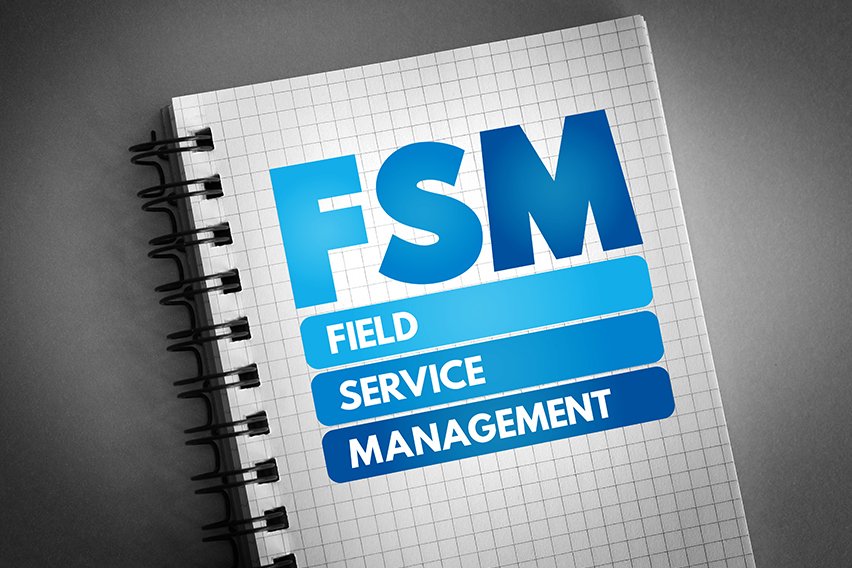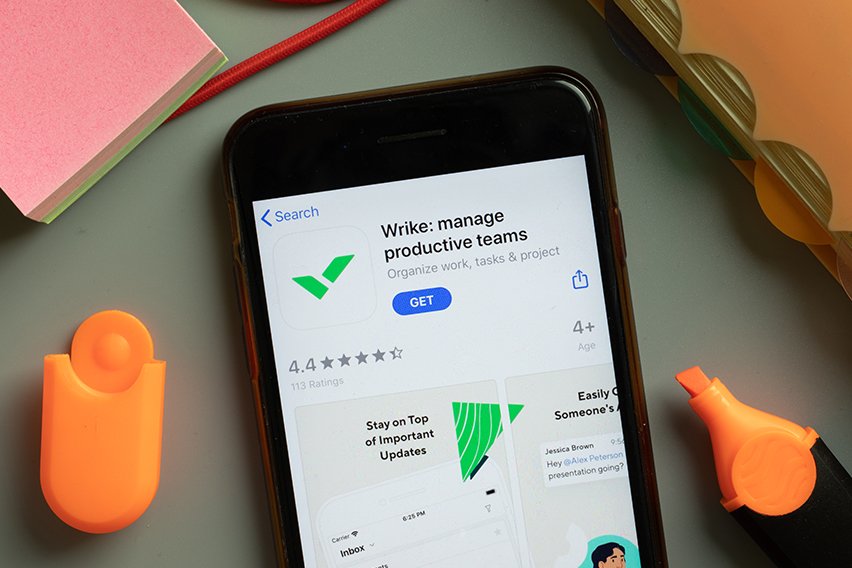Collaboration Skills: Definition, Example & 3 Skills to Build

Collaboration is a key component of the business world that all of us should master. Learn more about how you can improve your own skills.
Being a good collaborator is more than just a business cliché. The old adage is completely true: “it’s not what you know, it’s who you know”. People want to know those who can collaborate well. If you are a delight to work with, people will delight in working with you.
That’s what collaboration is all about and why you must improve your skills.
Here’s What We’ll Cover:
3 Key Collaboration Skills to Build For Better Business
What Does Collaboration Mean?
The Oxford English definition of collaboration is simple:
the action of working with someone to produce something.
And yes – at the bare bones, collaborating is just working with someone. In the business world, however, we all know it means a little more than that.
Effective collaboration means using your interpersonal skills to work harmoniously towards a common goal. In some situations your motivations may be different but the results are the same.
For example, a freelance photographer may collaborate with an interior designer on a staged house project. The photographer wants to practice their skills. The interior designer wants to have social media imagery to showcase their work. But the result is the same. A beautiful house is staged and photographed. Both professionals get a net positive result.

Examples of Collaboration
This is an example of workplace collaboration. A small team environment. Everyone is working together on creating a new product. For the project to be successful, it’s important that everyone does their part. It’s a multi talented team so it helps if everyone is playing to their strengths. They need to have a solid means of communicating and respect each other’s work styles. During the course of the project, they check-in with each other to make sure that all components are coming together. In the end, they meet their deadlines and celebrate an effective team collaboration.
This is the dream but of course a collaborative workplace is rarely so neat. To foster this kind of company culture, everyone needs to work on workplace collaboration skills.
3 Essential Collaboration Skills to Build For Better Business
1. Communication
It sounds obvious but miscommunication is the problem in most collaborative efforts. Unfortunately, we are not in each other’s heads. This can make communication strained or nigh on impossible between some people.
This writer’s mantra is “communication is the burden of the sender”.
It means that if you’re speaking or writing to a collaborator, it’s your duty to be as clear as possible.
Tips for communication skills:
- Be thorough and understanding in your way of speaking. Don’t assume that the other person will get your jargon, unless you know they will for sure.
- Clarifying messages are never a bad thing. It’s better to ask seemingly simple questions to clarify than to let a miscommunication fester.
- Practice active listening.
- Study nonverbal communication.
- Learn the communication preferences of your collaborators upfront.
2. Arguing effectively
Arguing is a loaded term. In this case, we mean arguing in debate. Being able to confidently disagree with someone without hurting their feelings is a valid skill. It helps to remove emotion from the subject and keep your points as grounded as possible.
Key tips for arguing well:
- Try to understand the other person’s point of view
- Take a temperature check of how important the subject is to each person in the room. You may find that the other person is more passionate about it that you are. Therefore you can create a compromise.
- Use “I” statements

3. Adaptability and compromise
Earlier we mentioned working styles. This is a great place where your adaptability comes in handy. Everyone works in a slightly different way. Therefore collaborating with others means working around their own workplace quirks. Maybe they like to respond to all emails at the end of the day, whereas you respond as soon as they come in.
Maybe the person hates face to face meetings when they can avoid them. So it’s better to schedule all client facing meetings on one day, than to disperse them throughout the week.
Compromising and working around each other is how you craft a more harmonious working relationship.
Key Takeaways
We hope this article on collaboration skills helped you see collaborating in a different light. Fostering a collaborative environment with your team can maximise your business efforts.
For more business guides like this one, head to our resource hub!
RELATED ARTICLES

 5 Best Field Service Management Software in the UK
5 Best Field Service Management Software in the UK Product Manager Vs Project Manager: What’s the Difference
Product Manager Vs Project Manager: What’s the Difference What Is Project Cost Management? Steps & Benefits
What Is Project Cost Management? Steps & Benefits 3 Best Restaurant POS Software
3 Best Restaurant POS Software 3 Best Microsoft Project Alternative
3 Best Microsoft Project Alternative 4 Best Resource Management Software
4 Best Resource Management Software